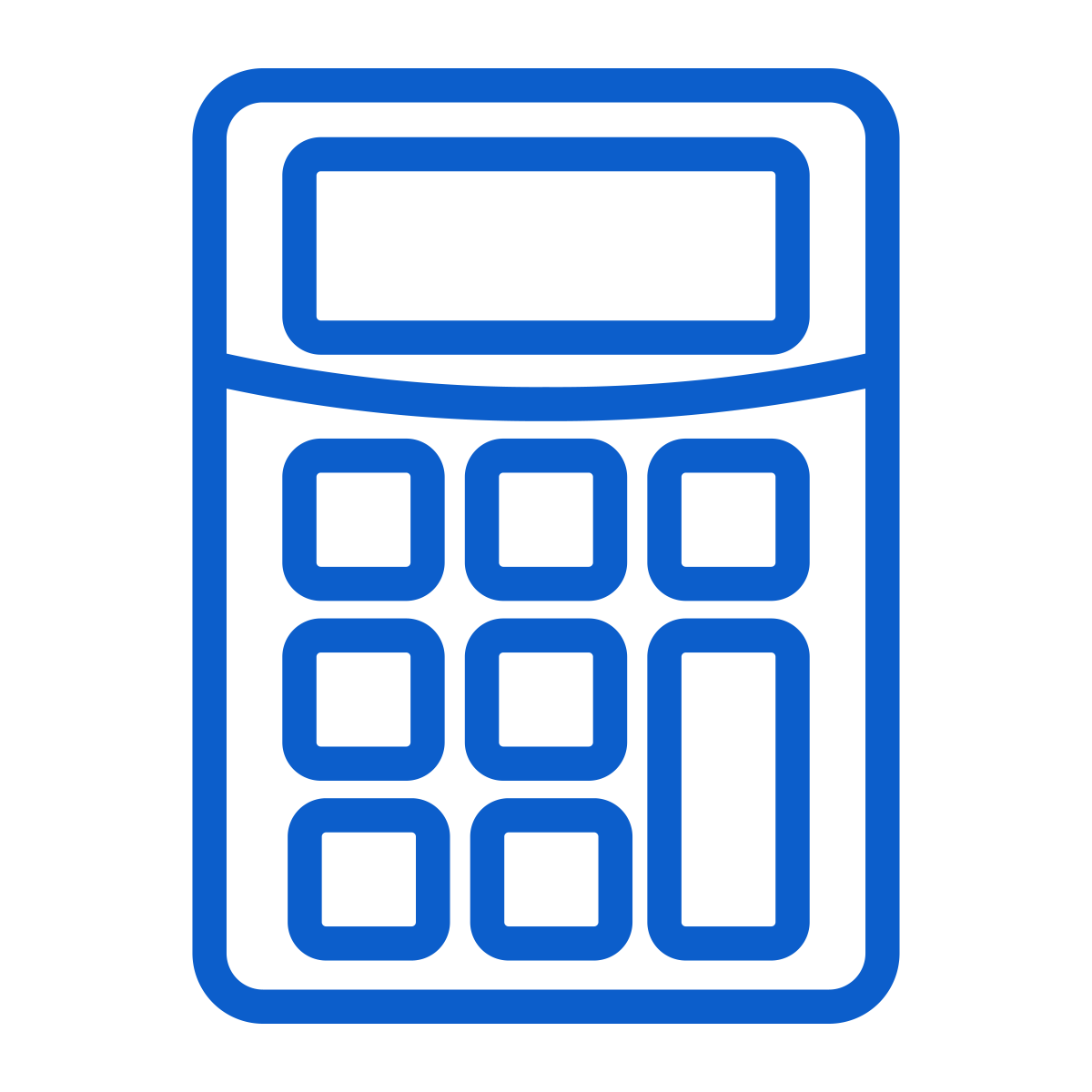Search for COVID-19 Information Here
What Is Contact Tracing? How Does It Stop The Spread of COVID-19?
Contact tracing is the process used to identify those who come into contact with people who have tested positive for many contagious diseases – such as measles, HIV, and COVID-19 – and is a long-standing practice in New Jersey and around the world.
Contact tracing goes hand in hand with testing. It is part of the process of supporting patients with suspected or confirmed infection.
Here's how it works:
- When you test positive for COVID-19, in addition to providing you with support, the lab that tested you loads your test data onto the State's secure epidemiological surveillance system called the Communicable Disease Reporting and Surveillance System (CDRSS).
- Your positive case is then shared with your Local Health Department, who may call you to ask how you are doing and determine close contacts that you may have spread the virus to.
- A close contact is anyone you spent 15 minutes or more with over a 24-hour period and were within 6 feet of while you were infectious (2 days before onset of symptoms to 10 days after, or two days before your positive test if you didn't have any symptoms).
- Contact tracers – trained professionals from the community -- get in touch with your contacts to recommend next steps like self-quarantining and to share resources about how those people can get tested.
- NOTE: Your information is confidential. Your name will not be released to your contacts or your COVID-19 status
- Contacts are provided with education, information, and support to understand their risk, what they should do to separate themselves from others who are not exposed, how they should monitor themselves for illness, and the possibility that they could spread the infection to others even if they themselves do not feel ill.
- Local Health Departments across New Jersey have been conducting contact tracing for COVID-19 since the State identified the first case on March 4, 2020.
- The information that Local Health Departments are collecting is limited in scope, detail, use, and dissemination solely to what's necessary to identify, trace, contain, and treat COVID-19.
It is important to note that contact tracing is a decades-old common practice in public health. It is not the same thing as "exposure notification" or "digital alerting" tools. These consumer apps, such as those created with Google and Apple's API, are not contact tracing tools. These apps function as a way for the public to track if they have come into contact with a person who has tested positive and entered that information into their phone.
For more information, visit the New Jersey COVID-19 Testing and Contact Tracing Information Page.
NOTE: If you have any doubts about the legitimacy of your conversation with a contact tracer, you may hang up and call your local health department. You should also feel free to request the name and ID of anyone who calls. You can find your local health department's contact information through the Department of Health's directory.
Source: Governor's Remarks 5/12/20; https://nj.gov/governor/news/news/562020/approved/20200512a.shtml




